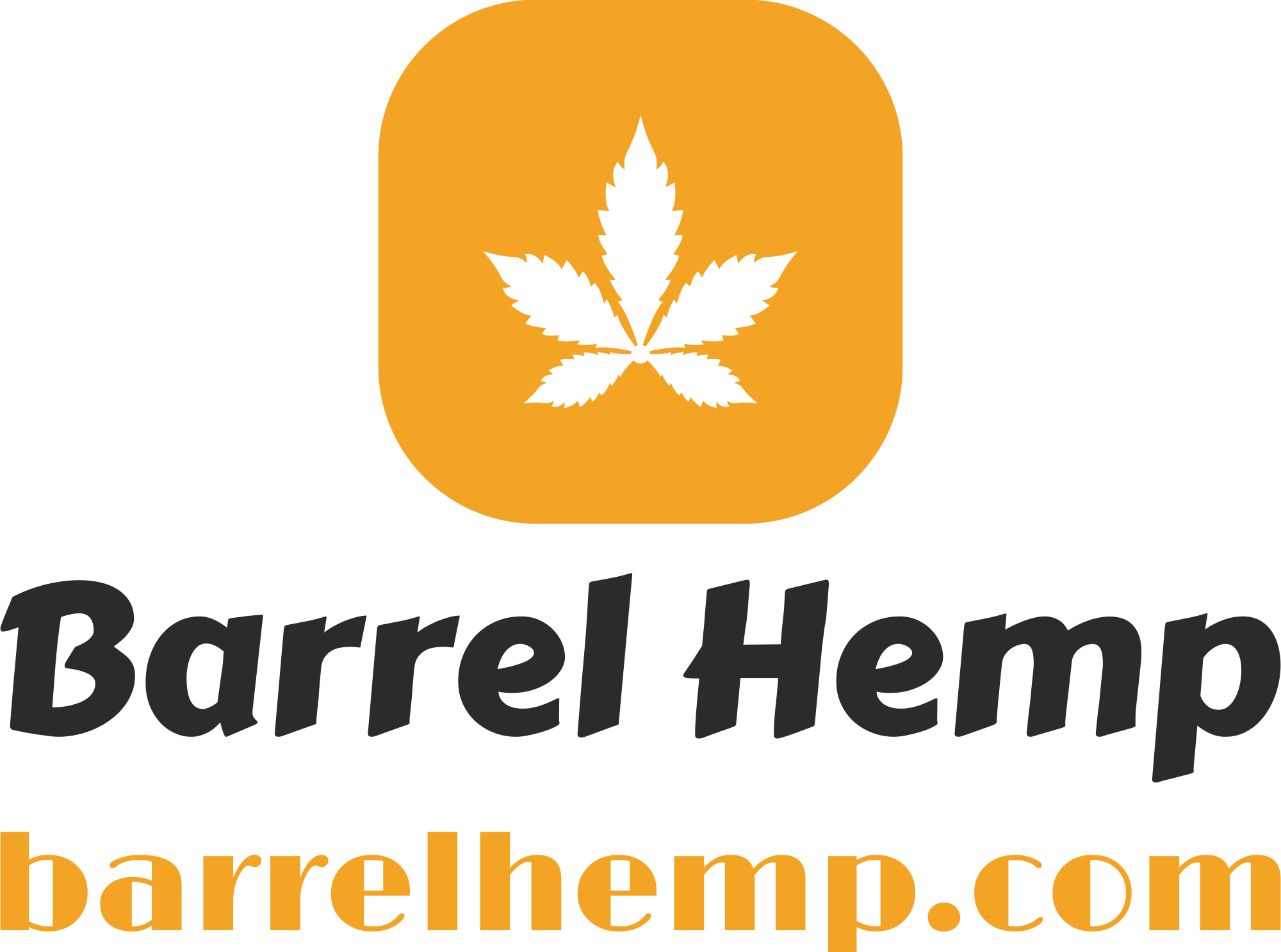Federal Law
Federal law in the United States currently classifies marijuana as a Schedule I substance, making it illegal at the national level. This means that THC, the psychoactive component of cannabis, is also considered illegal under federal law. However, individual states have varying laws and regulations regarding marijuana use and sales, creating a complex legal landscape.
Hemp-Derived THC
While federal law classifies THC as illegal, hemp-derived THC presents a gray area. The 2018 Farm Bill legalized hemp production and the sale of hemp-derived products containing less than 0.3% delta-9 THC on a dry weight basis. This has led to the proliferation of hemp-derived THC products, including THC soda, in various states.
- Several states have embraced legalizing recreational or medical marijuana, which often includes provisions for cannabis-derived THC beverages.
- Other states may allow hemp-derived THC products while prohibiting cannabis-derived THC, creating a distinction based on the source of the THC.
- Some states maintain strict prohibition against all forms of THC, regardless of source or concentration.

Synthetically Produced THC
The legality of THC soda hinges on the source of the THC and the specific laws of each state. While federal law considers all forms of THC illegal due to marijuana’s Schedule I classification, hemp-derived THC containing less than 0.3% delta-9 THC is legal at the federal level thanks to the 2018 Farm Bill. This legal distinction creates a complex web of regulations across states.
State Laws
Navigating the legality of THC soda requires understanding the intricate tapestry of state laws regarding marijuana and hemp.
Legalization and Decriminalization
State laws regarding THC soda are diverse and can be confusing.
Some states have legalized recreational or medical marijuana, which often allows for the sale of cannabis-derived THC beverages.

Other states permit hemp-derived THC products containing less than 0.3% delta-9 THC while prohibiting cannabis-derived THC.
A few states maintain strict prohibition against all forms of THC regardless of the source or concentration.
THC Soda Sales and Distribution Regulations
State laws regarding the sale and distribution of THC soda are complex and vary widely.
- Some states have legalized recreational or medical marijuana, which often includes regulations for cannabis-derived THC beverages.
- Other states may allow hemp-derived THC products while prohibiting cannabis-derived THC, creating a distinction based on the source of the THC.
- Several states maintain strict prohibitions against all forms of THC, regardless of source or concentration.
It is essential to research the specific laws in your state to determine the legality of THC soda.
Age Restrictions
State laws regarding THC soda are a complex and evolving area. Some states have fully legalized recreational marijuana, allowing for the sale of THC-infused beverages derived from cannabis.
Other states permit the sale of hemp-derived THC products that contain less than 0.3% delta-9 THC, but may prohibit those derived from marijuana.
Several states maintain a complete ban on all forms of THC, regardless of the source.
Public Consumption Laws
State laws regarding THC soda are incredibly diverse, making it difficult to provide a simple answer to its legality. Some states have legalized recreational or medical marijuana, which often includes regulations for cannabis-derived THC beverages.
Other states may allow hemp-derived THC products while prohibiting those derived from marijuana, creating a distinction based on the source of the THC.
A significant number of states maintain strict prohibitions against all forms of THC, regardless of the source or concentration.
Therefore, to determine if THC soda is legal in a specific location, it’s crucial to research the state’s individual laws and regulations.
Potential Future Changes

The future of English may see significant changes driven by technological advancements, cultural shifts, and global interactions.
One potential change is the rise of new words and phrases born from emerging technologies like artificial intelligence and virtual reality.
As these fields evolve, they will likely introduce specialized vocabulary that permeates everyday language.
Furthermore, increased globalization may lead to greater linguistic blending, with loanwords from other languages becoming more common in English.
This could result in a richer and more diverse linguistic landscape.
Finally, evolving social norms and values may influence language use, leading to shifts in vocabulary related to gender, identity, and social issues.
Order the Most Popular Cannabis Sodas Now
- Why Do My Teeth Hurt After Lip Filler - November 8, 2025
- What Is The Best Procedure For Sagging Neck? - November 5, 2025
- What Are The Best CBD Gummies For Mental Focus And Clarity - November 4, 2025
